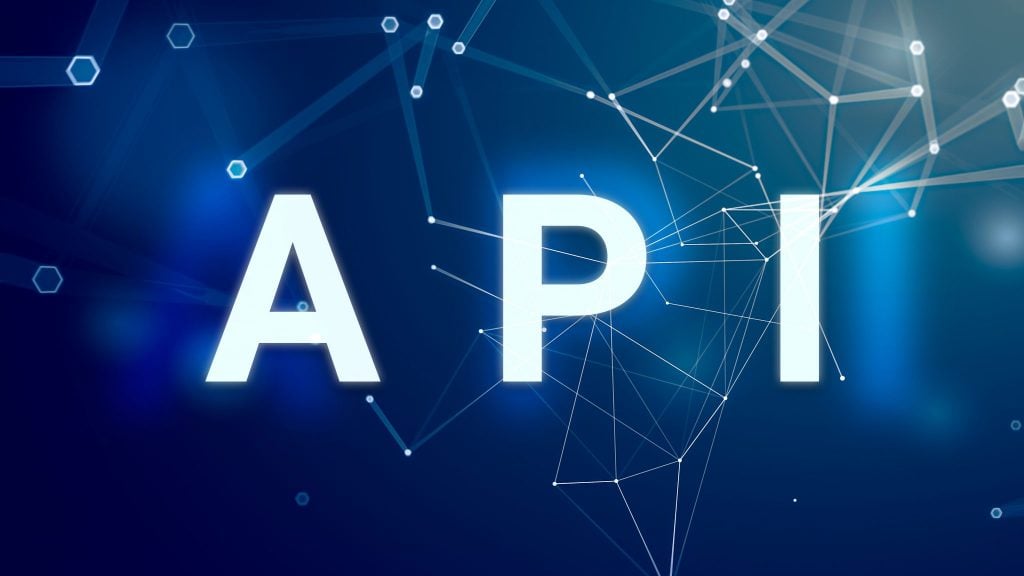As technology advances, so does the world at large. A digital landscape not only changes how we go about our day-to-day lives at home, but it also changes business, spurs the economy, and advances how we innovate in a modern world. API (application programming interface) is responsible for much of this rapid change.
API serves as a software emissary for an application or service which enables alternative applications or businesses to solicit inquiries and draw responses related to those inquiries. Each API characterizes the varied terms of each inquiry and response related to the arrangement of the required data, security-settings, and blanket protocol. How does this lead to an API-economy for businesses?
Each API devises a channel that allows for applications and services to consolidate with ease. In business software development, this supports the formation of a virtual “contract.” The contract essentially governs the communication between the involved parties. When integrating systems, this can grant developers some degree of certainty, while also allowing for larger services to be chipped down into their smaller individual pieces. All while allowing a defined interface.
When an autonomous business unlocks systems or data by producing an API, it fashions value and a possible return for itself. Multiply this power by countless businesses and it shapes an API economy. In an API economy, profit is created from APIs that not only run singly but also promote new applications to be created by joining several APIs.
In business software development, this means producing an application in which a business can package the component as an API, and make it accessible for use in practices that may not have been foreseen by the initial publisher of the API. In other words, it opens up a world of prospects for developers and users alike.
Take IBM for example, they premiered a question computer system capable of answering questions in a known language named Watson. The first commercial application of Watson was the utilization of management decisions in lung cancer treatment. In the API economy, IBM made the decision to open access to Watson through APIs, making its technology available to the world. This allowed researchers to utilize Watson’s technology for ways IBM may have not even anticipated.
Google utilized API in a similar way when it created its Google Maps platform. Through this API, users and software companies were able to help individuals to discover the world through location data. This data enabled them to find over 100 million specific places using phone numbers, addresses, and real-time signals. By using an API, Google takes full advantage of its technology and creates revenue channels through multiple sources.
The API economy changes the business value chain and forces businesses to rethink how they can expand into new markets. By using API-driven technology in business software development, advancements are no longer locked into one specific use but can be utilized in a number of ways. Often this leads to greater financial gains to all parties involved. In a thoroughly modern world, API could change how businesses create and initiate steady revenue streams.
